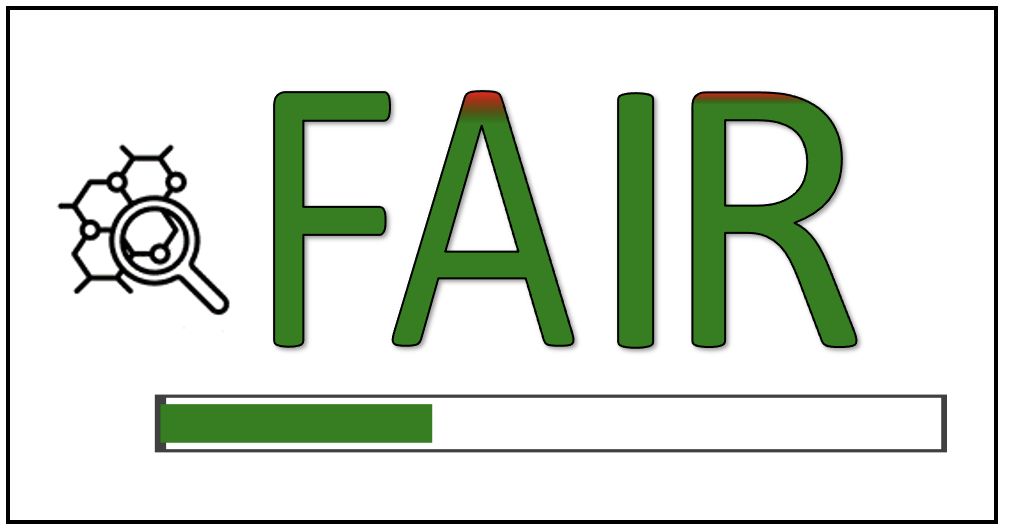Course Overview
The H3ABioNet 16S rRNA Microbiome Intermediate Bioinformatics course will provide training to enable participants to gain the knowledge and skills to perform 16S rRNA microbiome data analyses using a variety of bioinformatics methods and tools. The H3ABioNet 16S rRNA Microbiome Intermediate Bioinformatics course will use a blended learning approach similar to the popular H3ABioNet Introduction to Bioinformatics Training (IBT) through the use of a combination of theoretical and practical sessions in order for participants to gain knowledge in the use of various tools and resources needed for 16S rRNA microbiome data analysis. There will be 2 contact sessions per week consisting of both theoretical and practical coursework. Participants will generally watch pre-recorded videos in their classrooms (theory) followed by a practical exercise for the remainder of the session. Contact sessions will generally be 4 hours each however the exact format and length of classes will be communicated in due course.
The H3ABioNet 16S rRNA Microbiome Intermediate Bioinformatics course will provide training to enable participants to gain the knowledge and skills to perform 16S rRNA microbiome data analyses using a variety of bioinformatics methods and tools. The H3ABioNet 16S rRNA Microbiome Intermediate Bioinformatics course will use a blended learning approach similar to the popular H3ABioNet Introduction to Bioinformatics Training (IBT) through the use of a combination of theoretical and practical sessions in order for participants to gain knowledge in the use of various tools and resources needed for 16S rRNA microbiome data analysis. There will be 2 contact sessions per week consisting of both theoretical and practical coursework. Participants will generally watch pre-recorded videos in their classrooms (theory) followed by a practical exercise for the remainder of the session. Contact sessions will generally be 4 hours each however the exact format and length of classes will be communicated in due course.
Intended Audience
Anyone who will be working with 16S rRNA microbiome data and would like to learn more about the bioinformatics analyses.
Anyone who will be working with 16S rRNA microbiome data and would like to learn more about the bioinformatics analyses.
Keywords: 16S, Microbiome, NGS, Genomics, Nucleic acid analysis
Skill level of training:
Intermediate
Language: English
Credential awarded: Letter of completion/attendance
Type of training: Blended/hybrid learning
Venue of the course: Successful hosting classrooms (we have 26 registered classrooms)
Dates for the course:
August to October 2019 (exact dates and times to be confirmed)
Course organisers: Verena Ras, Gerrit Botha, Shaun Aron, Sumir Panji, Nicola Mulder
Participation: For participants who interested in gaining the knowledge and skills to perform 16S rRNA microbiome data analyses using a variety of bioinformatics methods and tools.
Course Sponsors: H3ABioNet Local Classrooms
Course objectives
By the end of the course participants should be able to:
- Describe the importance of the microbiome and why it should be studied
- Understand how to design 16S rRNA microbiome studies
- Be able to apply basic syntax and operations in R
- Understand the different NGS data types (e.g. MiSeq reads) produced for a 16S rRNA microbiome study
- Evaluate the quality of NGS sequence reads and samples
- Understand the various bioinformatics tools used for 16S microbiome studies
- Understand the various 16S rRNA bioinformatics pipelines being used to study the microbiome.
- Apply the H3ABioNet’s 16S rRNA pipeline and understand how to execute this
- Understand the use of workflow languages (Nextflow) and containerized images (Singularity) to automate analyses
- Analyze 16S rRNA microbiome data and interpret results
Classroom applications
Registration for classrooms opens:
Thu, 01/01/1970
Registration for classrooms closes:
Thu, 01/01/1970
Notification date for successful classrooms:
Thu, 01/01/1970
Maximum number of participants that may be accepted per classroom will be
capped at
Participant applications
Registration for participants opens:
Wed, 17/07/2019
Registration for participants closes:
Wednesday, 14/08/2019
Participant registration link:
https://is.gd/intbt_participant_application
Notification date for successful participants:
Thursday 01/01/1970
Syllabus and Tools
- Introduction to the Linux command line / intro to R
- Introduction to the microbiome and study design – why 16S?
- Sample collection, extraction and library prep for 16S NGS analyses
- 16S rRNA gene amplicon sequencing bioinformatics pipeline: the theory
- 16S analysis pipeline - QC, ASV picking, taxonomic classification and alignment
- Downstream analysis in R - using the packages phyloseq, NMF, vegan, metagenomeSeq (among others)
- Potential bonus module: Shotgun sequencing
Prerequisites
As this is an intermediate course, some familiarity with the Unix command line and R scripting will be assumed. However, should participants wish to gain some background knowledge before the start of the course, the following tutorials will provide a good foundation.
Linux: http://www.ee.surrey.ac.uk/Teaching/Unix/
Course limitations
This workshop provides an overview and guidance on 16S rRNA microbiome analyses and will provide you with the ability to perform a variety of analyses on microbiome data. The course however will not teach any advanced programming or go into depth with R or Unix. Participants are encouraged to explore these tools in greater depth independently.
This workshop provides an overview and guidance on 16S rRNA microbiome analyses and will provide you with the ability to perform a variety of analyses on microbiome data. The course however will not teach any advanced programming or go into depth with R or Unix. Participants are encouraged to explore these tools in greater depth independently.
For more information, please visit
Training material availability
Training materials for this course are available as a single downloadable archive here: https://doi.org/10.25375/uct.19106780. Should you re-use any of these materials, please ensure that both the author/s of the material AND H3ABioNet are clearly credited.





